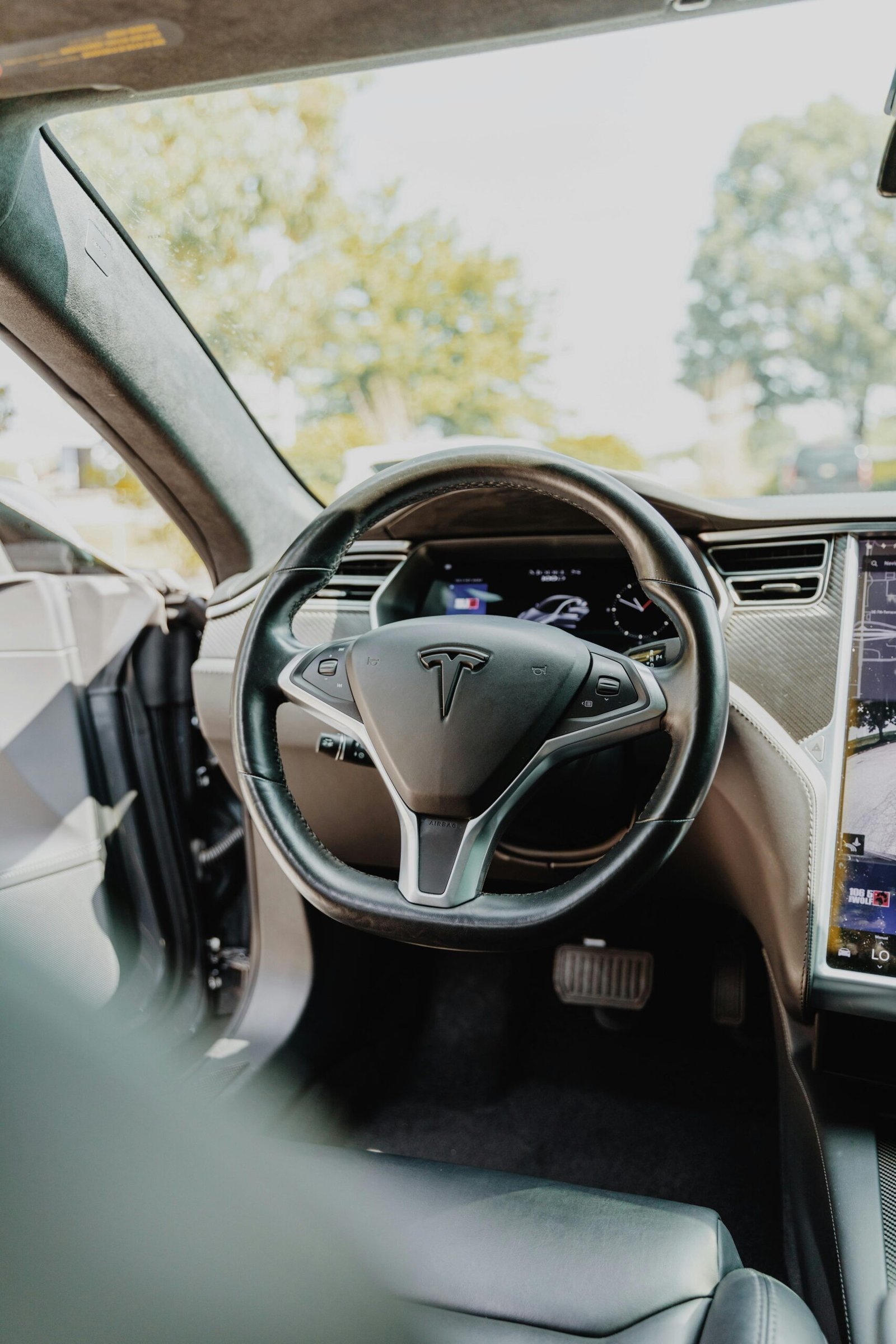A New Era in Automotive Security: U.S. Bans Chinese and Russian Connected Vehicles
The U.S. Department of Commerce has ushered in a significant change with the introduction of a final rule that effectively bans the sale or importation of connected vehicles from China and Russia. This decisive move, announced on Tuesday, is rooted in national security concerns and aims to protect American citizens’ sensitive data from potential misuse.
Understanding the Ban: What It Means
The new regulation extends beyond mere sales restrictions. It also prevents Chinese automotive companies like WeRide and Pony AI from testing their self-driving cars on American roads. In a statement, National Economic Advisor Lael Brainard highlighted the threats posed by foreign adversaries trying to dominate the future auto industry. She emphasized that vehicles embedded with foreign software and hardware could inadvertently expose Americans to malicious interference.
“China is trying to dominate the future of the auto industry, but connected vehicles with software and hardware systems linked to foreign adversaries could expose the American people to risks of misuse of their sensitive data or interference by malicious actors,”
— National Economic Advisor Lael Brainard
Timeline and Exceptions: A Closer Look
The enforcement timeline for these prohibitions is staggered, with software bans taking effect in the 2027 model year, while hardware restrictions will follow in 2029. Notably, the Department of Commerce has clarified that existing Chinese software, created before these rules are enacted, will not be affected as long as Chinese firms do not have access to it. An interesting exemption is made for vehicles weighing over 10,000 pounds, allowing companies like BYD to continue assembling electric buses in California.
Impact on Autonomous Vehicle Testing
- Baidu-owned Apollo Autonomous Driving and WeRide currently hold permits for testing autonomous vehicles without safety drivers in California.
- Pony AI, which recently went public, has a permit for testing with a safety driver.
Pony AI’s IPO materials shed light on the minimal revenue impact from its limited U.S. robotaxi operations, which contributed less than 1% of its total revenues as of mid-2024. Despite this, the company acknowledged potential risks due to the looming ban.
Enforcement and Compliance: The Role of State Agencies
The California Department of Motor Vehicles (DMV) has expressed its intention to align with the Commerce Department’s guidelines regarding these prohibitions. As TechCrunch investigates further, questions remain about whether current testing permits will be revoked following this final ruling.
Conclusion: Securing America’s Automotive Future
This new regulation marks a pivotal moment in securing America’s automotive landscape against foreign threats. As connected vehicle technology continues to evolve, safeguarding national security while fostering innovation remains a delicate balance. The implications of this ruling will undoubtedly resonate across the industry, prompting companies worldwide to adapt swiftly to ensure compliance and protect their market presence in the United States.



